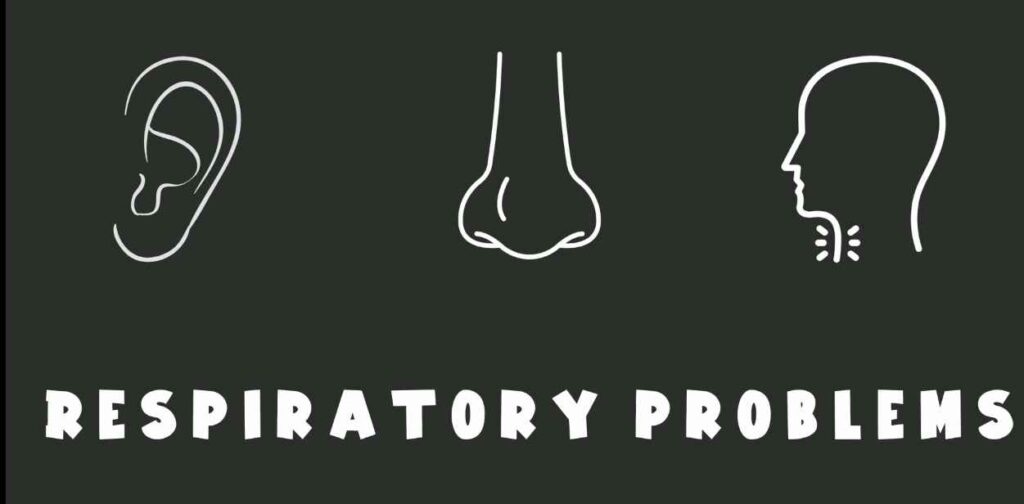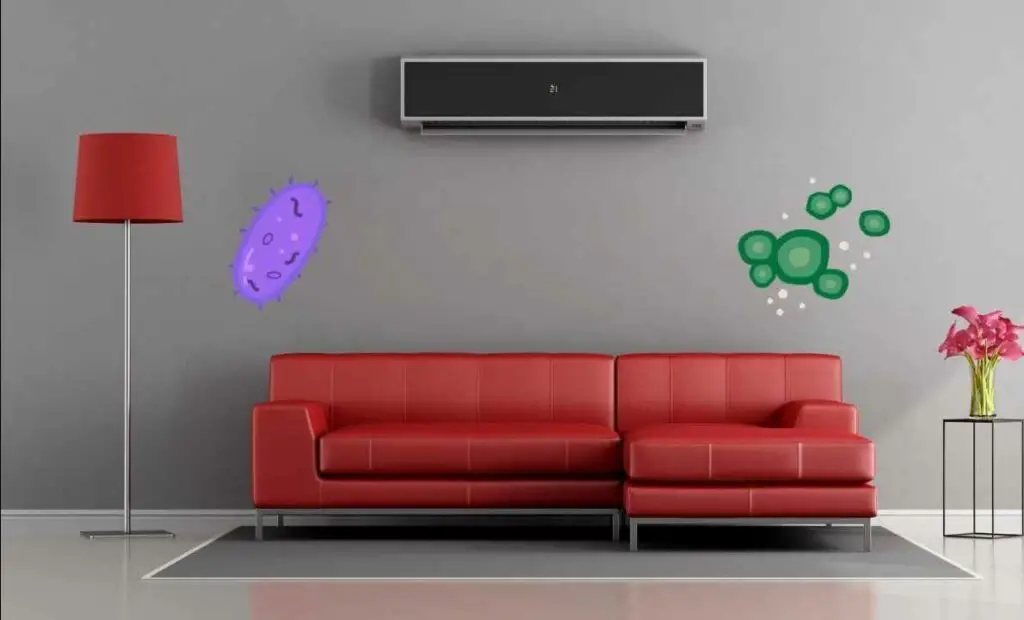If you suffer from regular ear infections, you might be wondering if your air conditioner could be to blame.
Unfortunately, some evidence suggests that AC units can indeed contribute to the development of ear infections.
However, it’s important to note that this isn’t always the case and that other factors (such as allergies) can also play a role.
If you’re concerned about your AC unit causing ear infections, talk to your doctor or an ENT specialist to see if there are any steps you can take to reduce your risk.

Can Ac Cause Bacterial Infection?
Many types of bacteria can cause infections, and some of these bacteria thrive in warm, moist environments.
Air conditioners can provide the perfect conditions for these bacteria to grow and spread, which is why it’s important to keep your AC unit clean and well-maintained.
If you suspect that your AC unit may be causing a bacterial infection, it’s important to see a doctor as soon as possible so that you can get the appropriate treatment.
How Do You Know If Ac is Making You Sick?

There are a few key signs that your air conditioner may be making you sick.
If you experience any of the following symptoms after turning on your AC, it’s worth considering that the unit may be to blame:
1. You suddenly feel nauseous or dizzy.
2. You have a headache that gets worse when you’re in the same room as the AC.
3. Your eyes start to water or itch more than usual when you’re near the AC.
4. You start to experience shortness of breath or difficulty breathing normally when you’re around the AC unit.
If you notice any of these symptoms, it’s important to see a doctor right away to rule out other potential causes.
However, if your doctor confirms that your air conditioner is making you sick, you can do a few things to mitigate the effects.
First, try running your AC unit for shorter periods of time each day and see if that makes a difference in how you feel.
Can Air Conditioning Cause Flu Like Symptoms

We’ve all been there – you wake up feeling awful, with a headache, sore throat and runny nose.
You wonder, could air conditioning be to blame? After all, it is blowing around lots of cold air.
While it may seem like AC could be the culprit for your flu-like symptoms, it is actually very unlikely.
In fact, AC can actually help to prevent the spread of germs and keep you healthy. So why do you feel so lousy when you first wake up?
It’s likely because your immune system has been working hard overnight to fight off any viruses or bacteria you may have encountered.
This can leave you feeling drained and exhausted in the morning.
Add in the fact that most people sleep in a cool room (which can further lower your body temperature), and it’s no wonder you wake up feeling under the weather.
But once you get out of bed and start moving around, your body temperature will start to rise again.
And if you step into a cool, air-conditioned room, your body will adjust relatively quickly and start to feel better.